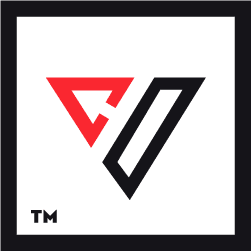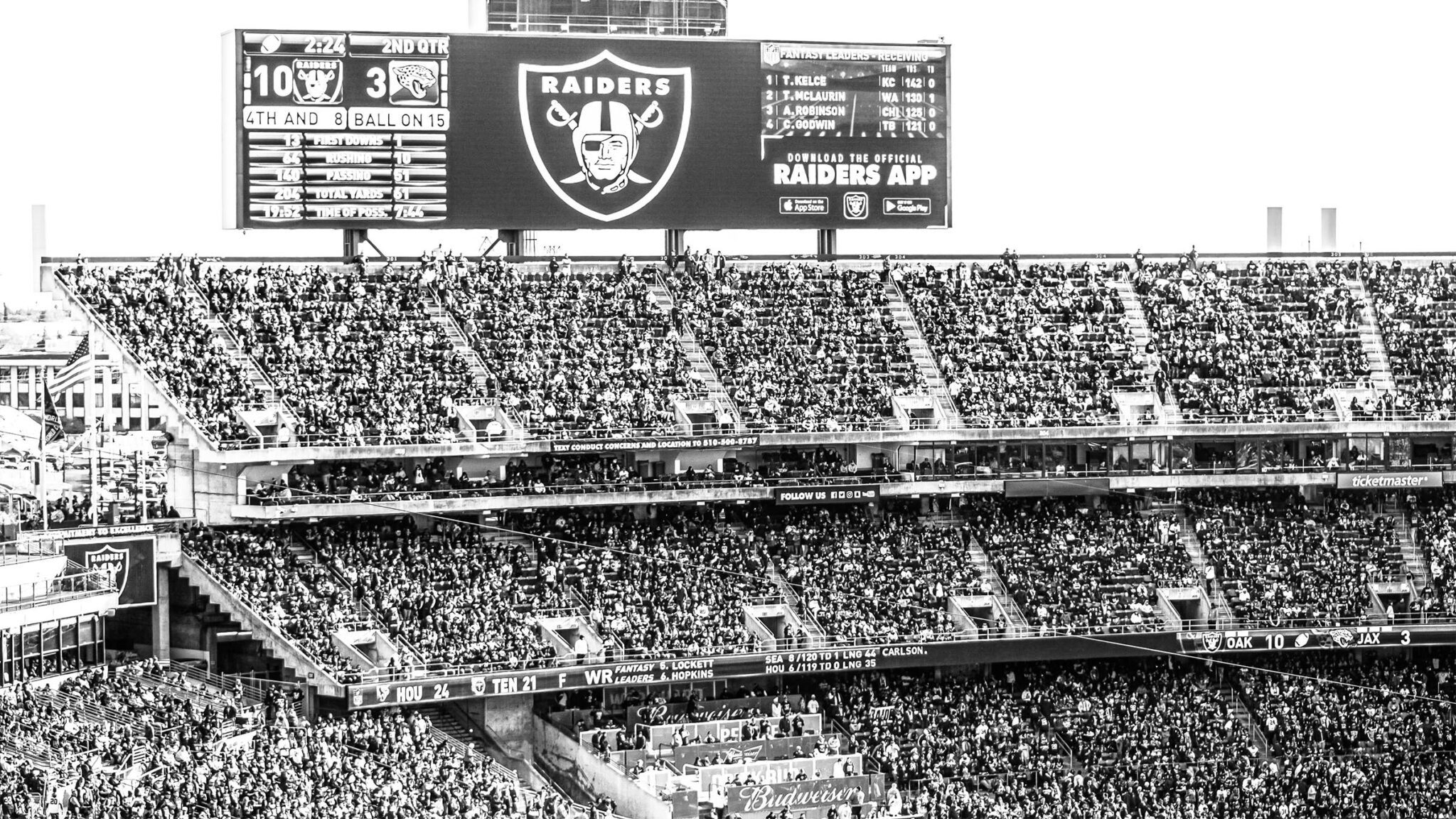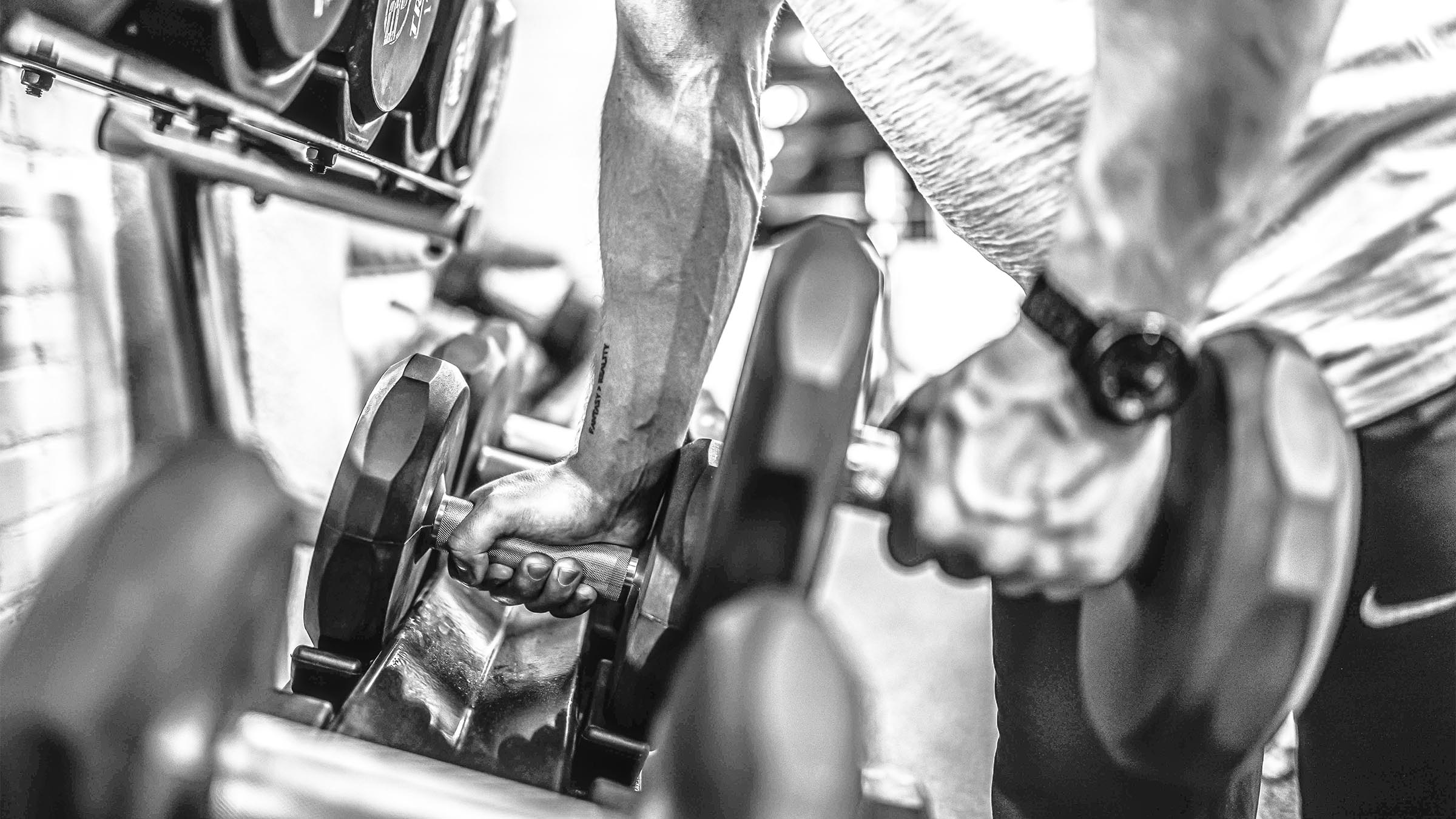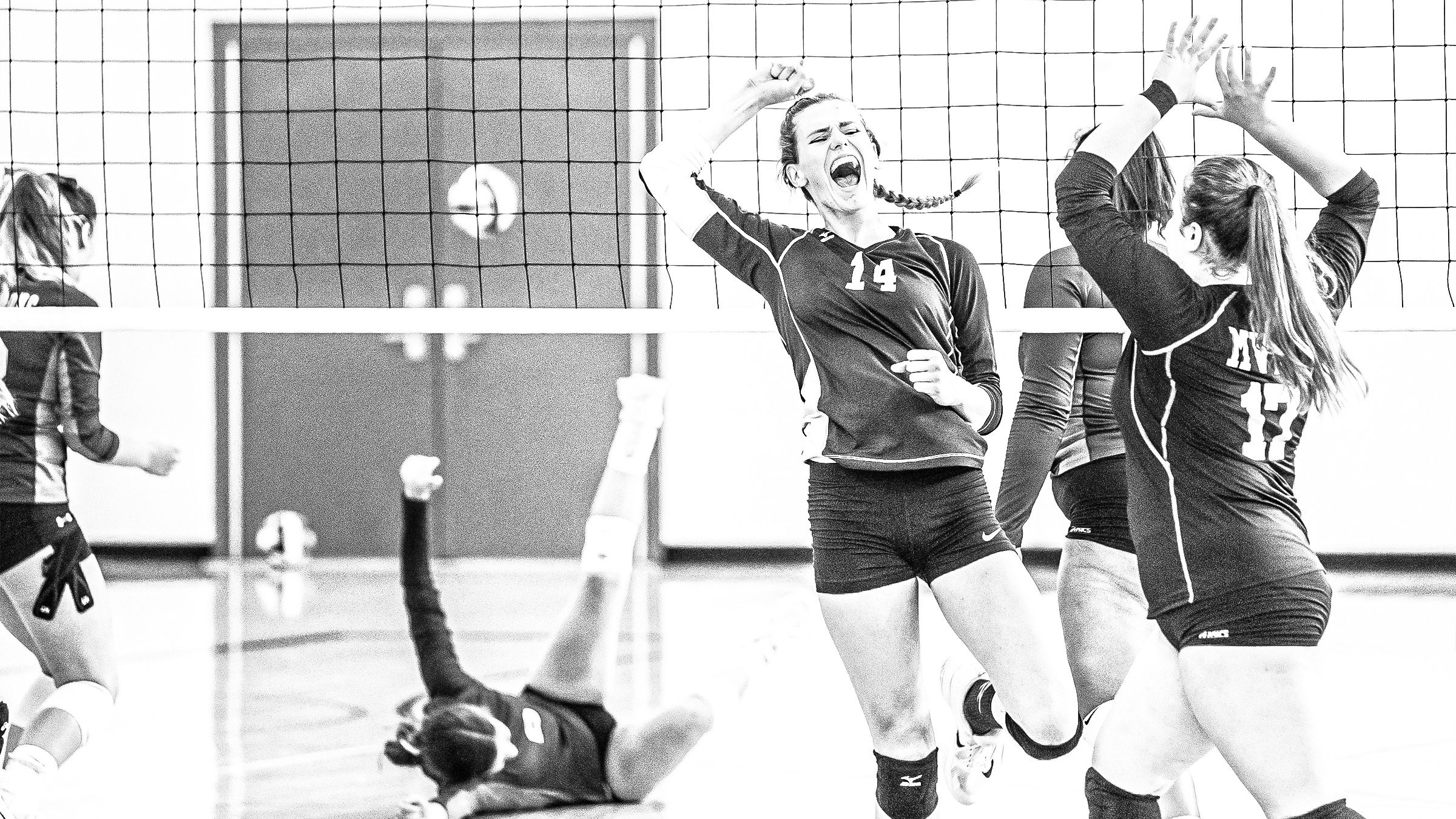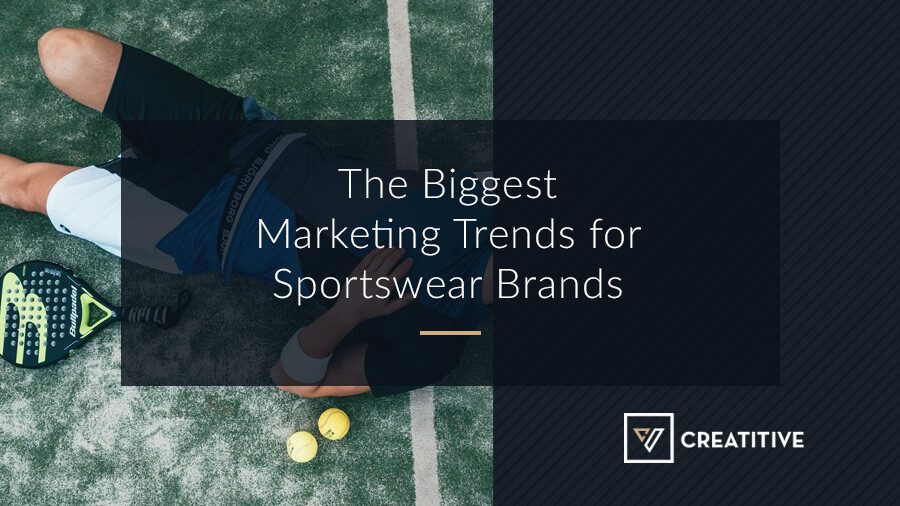

The sports industry has always had its supporters and audience. In spite of the several trends that came and went, it remained to be one of the strongest sectors globally. And as it continued to grow larger by the minute, so did several other industries orbiting around it — like the wellness industry and the sportswear industry.
The three sectors grew almost simultaneously and a big factor for this is their homogenous relationship with one another. As more consumers found themselves captivated by the adrenaline-pumping lifestyle of athletes, the more they aspire the same values and way of living. Those who dreamed to have the same physique as their favorite athletes trained in gyms or fitness clubs and those who want to sport the clothes they wear bought into the sportswear market.
All three also went through similar hurdles when the internet took over the world and the age of modern technology. Each industry was urged to change their mindsets on how they promote their as the saturation of the market grew. And with several new channels offering fresh opportunities in building a brand’s identity, market leaders came to the conclusion that big-name sponsorships are not enough anymore.
The playbook on marketing strategies for sportswear brands have grown and has expanded into a number of unfamiliar areas. And if you’re hoping to make sure that 2020 becomes your brand’s year, here are some of the biggest marketing trends you can take note of for your marketing plan!
Women And Sports
Famous activewear brands have long incorporated the significance of women in different sports into their respective campaigns. Nike, for example, made women’s sport the centre of its ‘Dream Crazier’ campaign launched at the beginning of 2019. It featured tennis legend Serena Williams narrating an open call for females in sports to fight back against the deep-rooted gender bias and unfair stereotyping.
It became a viral hit following several controversies that plagued Williams throughout the previous year. The campaign also further solidified the idea that 84% of general sports fanatics find female sports more inspiring and progressive in comparison to the viewpoint of male sports being money driven. Moral beliefs and social responsibilities aside, it’s only apt for brands to support the female counterpart of its consumer market since they cover a large percentage of the overall customers of sportswear brands.
AR and VR in Shopping
Admittedly, the tech sector remains to be in the early days of virtual and augmented reality despite social platforms like Snapchat or Instagram already creating immersive experiences for users in specific events or venues. Even sports clubs like FC Bayern Munich already gave this one a try in 2017.
During that same year, Adidas partnered with an emerging tech-marketing agency called Somewhere Else in marketing its outdoor apparel line TERREX. The sportswear brand provided the marketing agency with 360-degree footage of famous climbers Ben Rueck and Delaney Miller climbing Corsica’s Delicatessen Mountain. The VR campaign was presented to 50 TERREX shops across 10 cities in China and was also showcased at the brand’s Rockstars event.
Adidas allowed its customers to experience the product in an entirely different level.
Social Media Management
Almost — if not, every — sports marketing agency out can provide you with a number of case studies on the importance of new social media channels in building fanbases and discovering new brand opportunities.
Aside from platforms like Facebook, Instagram and Twitter being free, it’s also one of the most personal channels brands can utilise in marketing their brands. One brand took the opportunities Instagram offered and elevated it into another level by coupling it with social sponsorships with athletes!
While sports stars promoted their products, North Face marketed their work and supported them at the same time. Their stories provided insights to featured players or rock-climbers like Alex Honnold and gave fans access on a more personal experience with their idols.
Cause Marketing
Going back to Nike’s ‘Dream Crazier’ campaign, both the sportswear market and the sports industry itself have geared their marketing campaigns towards raising awareness on pressing matters.
Adidas recently released an eco-focused extended reality or XR project to raise awareness to the sportswear brand‘s ongoing sustainability efforts. It will allow visitors of their flagship store in Champs Elysees in Paris to witness the impact of consumption and plastic waste to our environment. It also showcases how manufacturers broke down the collected ocean garbage into microscopic plastic particles to be later used as threads for their latest shoe collection.
The AR/XR campaign places Adidas as an innovator while highlighting the brand’s environmental campaigns.
Mastering The Power of the Internet and More
As the competition in the sportswear industry grew, the more resourceful and creative the competitors got. Nowadays, it’s not enough to just do everything on your own — admittedly, even the biggest brands reach out to sports marketing agencies for an extra hand.
The Internet and the technology sector continues to change almost everyday, making it harder for those not well-versed enough on the matter to feel left behind. Luckily enough, experts are constantly keeping themselves up to date with the latest trends in both marketing and technology. They can help you understand the full scope of today’s new platforms and ensure consistent implementation in your marketing efforts!
